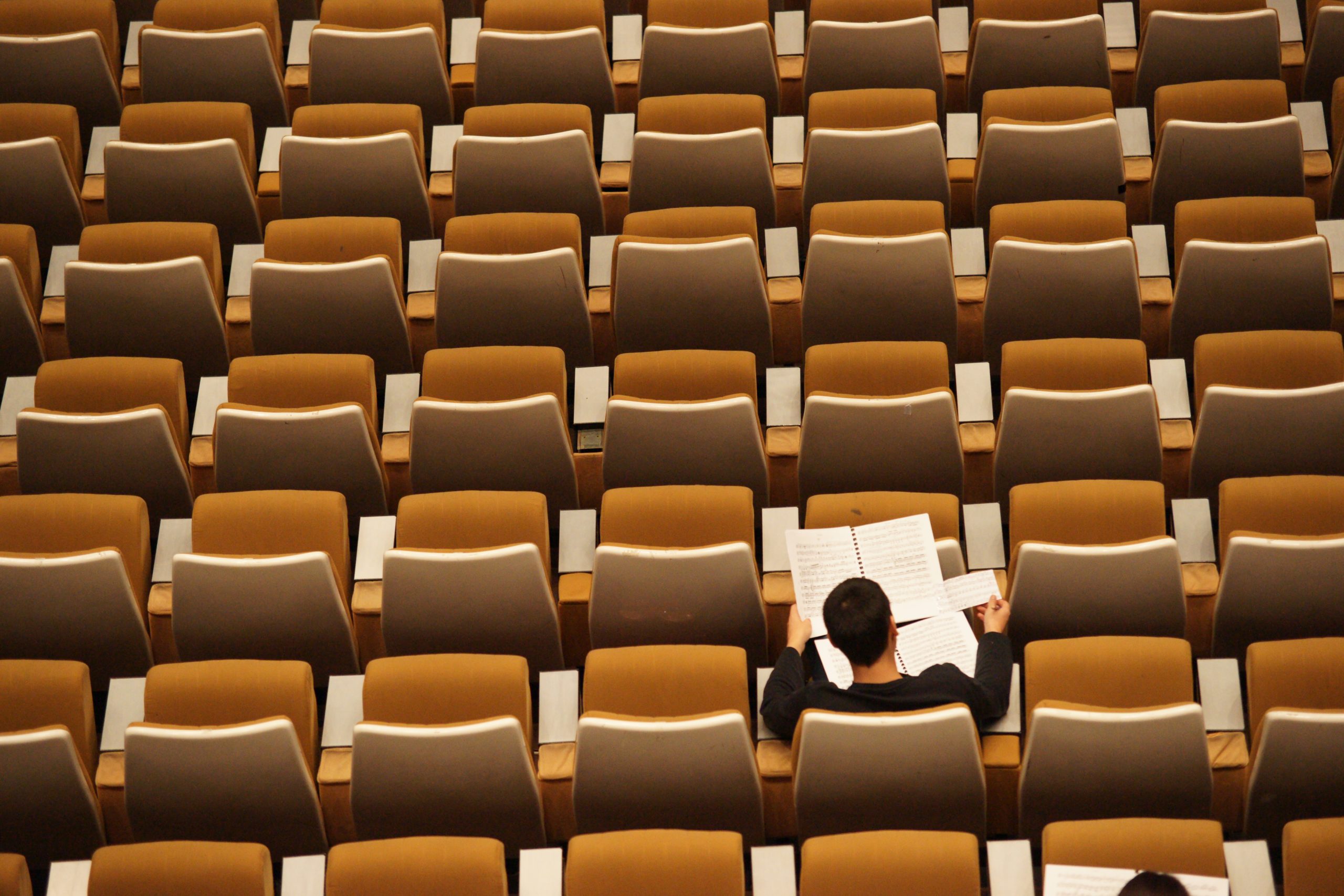Insights
Universities Can’t Blame Their Way Out of COVID-19.

After the University of Alabama announced a 500-case outbreak of COVID-19—now well over 1,000—President Dr. Stuart Bell called the news “unacceptable” in a stern campus-wide message. “Those who blatantly disregard the rules will not be given the option of jeopardizing the semester for everyone else,” he wrote in a later note. Bell is among administrators at dozens of schools, including the University of Tennessee, Penn State, and the University of Miami, that have used videos, campus emails, and news articles to put the spotlight on their students and institute new disciplinary guidelines for students caught breaking social distancing protocols.
Of course, these universities wouldn’t have to adopt these tactics if they weren’t holding in-person classes—this pandemic has put colleges and universities in an impossible position. There are many benefits to in-person instruction, and colleges provide jobs, housing, and food to hundreds of thousands of students across the country. But public health experts are relatively certain that COVID-19 thrives when thousands of people congregate in environments like classrooms, dorms, fraternity and sorority houses, and dining halls. Despite the difficulty of the decision, administrators hold the power: they ultimately decided whether to bring students back to campus. They must now bear much of the responsibility if and when outbreaks occur.
Students, of course, have a key role to play in keeping others safe. But treating them as the lone gatekeepers responsible for protecting their schools from a global pandemic is both misguided and a sharp departure from most colleges’ usual messaging. From trained resident advisors, to state-of-the-art dining halls, to career services offices, to campus police, universities are quick to point out how serious they are about their students’ wellbeing in their advertising and communications with parents and students. They portray themselves as temporary caretakers and guardians while students are away from home for the first time.
That relationship is integral to a university’s success, but it’s also more fragile than it might seem. So, when the president of the University of Alabama censures students in a statement he knows will go to national news media, it can have a lasting impact on students’ confidence in the administration. In essentially saying, “We have responsible rules and policies in place, but it’s the kids who can’t seem to stop partying,” universities are taking an us vs. them approach. That’s not how you keep students and parents on your side, nor is it how you come out of this crisis looking responsive and dependable.
A good rule of thumb is that deflecting blame will always invite harsher criticism than just taking responsibility yourself. Perhaps harsher-than-usual disciplinary measures are necessary to thwart the spread of the virus. Even so, administrators shouldn’t threaten students with punishment while downplaying their own role in the decision-making process. People are smart; they know deflection when they see it. That goes for national media, yes, but also for college students. Constant improvement isn’t something to criticize; playing the blame game is.
Universities should instead take an “us vs. COVID-19” approach. That means bearing some responsibility if things go south, yes, but it will also help them retain the trust of students and families. No organization has it all figured out when it comes to COVID-19, so universities should note in any external communications that trying to optimize flexible rules is a bigger priority than trying to enforce rigid ones.
Universities also need to stress how they’re holding up their end of the bargain. Maybe it’s not necessary for a school to outline all the precautions it’s taking in messages to students, but they should at least aim to provide a summary and announce any changes in detail. Doing so keeps students and the public informed and stresses the need for a collective response to COVID-19. Students, parents, and other stakeholders should know that the school is setting expectations for itself—not just its students.
Make no mistake, the pandemic has put colleges in a difficult position. But that doesn’t excuse blaming 19-year-olds for doing 19-year-old things. Some people will follow rules and others won’t; it’s better to build rules with that fact in mind than to deny it altogether. Can you imagine Amazon blaming shoppers for infecting delivery workers? Or a slow Paycheck Protection Program lender blaming its customers for losing some business? How about a restaurant blaming its patrons for coming to its grand reopening?
In praise and in blame, we’re all in this together. Even a strongly-worded scolding from the dean can’t change that.